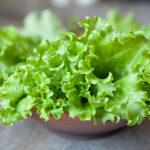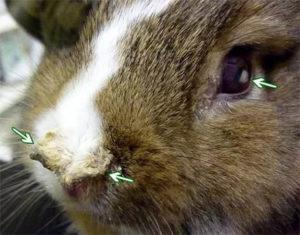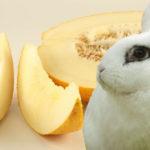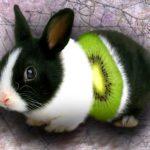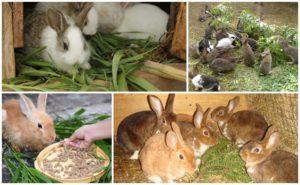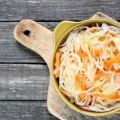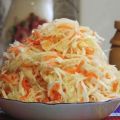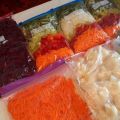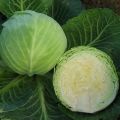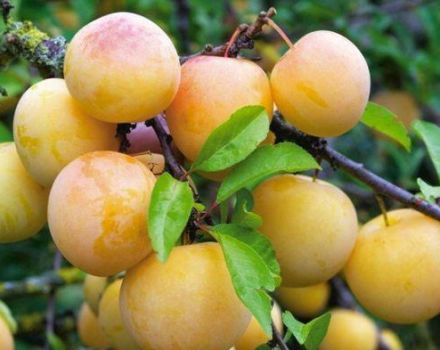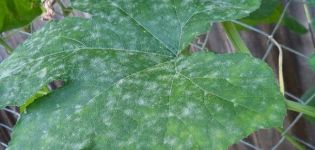What vegetables and fruits can be given to rabbits, feeding rules and what not
A cute, fluffy animal - a decorative rabbit, has long become a welcome pet in the family. It is believed that it is easy to keep them: give them cabbage, carrots - let them gnaw. But few people know that cabbage is undesirable in the diet of these fuzzies. As well as some vegetables and fruits. What kind of vegetables can harm, and what can be given to rabbits without harm, we figure it out together.
What vegetables can you give rabbits
It is known that the main food of animals is hay, but it must be supplemented with fresh vegetables and fruits. Juicy food is a source of vitamins and minerals, an opportunity to pamper your pet with a tasty berry. Vegetables are added to the feed gradually and carefully, even those collected in the country, are not always useful for the rabbit.
The delicate organism of animals can react violently with unpleasant moments, for example:
- upset stool;
- swelling;
- intestinal obstruction;
- accumulation of gases.
Having carefully observed the decorative rabbit, it is important to determine which vegetables are preferred. But you shouldn't offer one root vegetable or greens all the time, you need to create variety for the eared. The following vegetables are needed in the diet:
- green peas;
- cabbage (some types);
- potatoes (tubers only);
- beet;
- lettuce leaves (preferably dark varieties);
- carrots (root and tops);
- zucchini (pumpkin);
- cucumbers;
- radish.
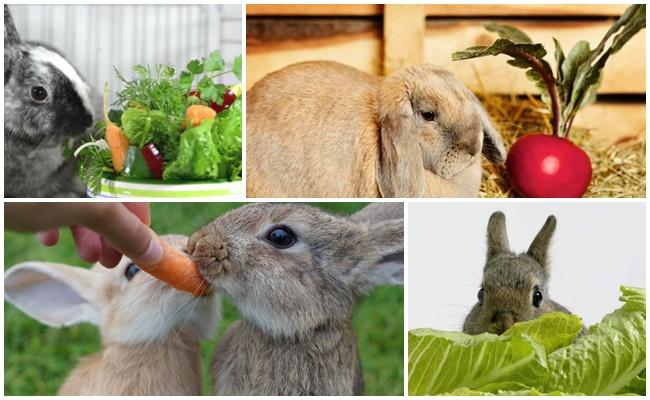
Green peas... The fruits are rich in proteins, lysine, and are easily digested. Rabbits gain weight quickly, but so that gases do not bother the animal, it is better to mix peas with bran, mixed feed.
Cabbage... Favorite vegetable of rabbits, but with a lot of reservations. Still, such a juicy, up to 90% water, a lot of vitamins E and C. From vitamins the fur becomes silk, pleases with a healthy shine. Although the animals are happy to eat any cabbage, experts advise to carefully give the leaves of cauliflower, Savoy, and broccoli. In white cabbage, only the upper leaves are used, which are needed a little so as not to provoke bloating.
Potatoes... They use very little. Potatoes contain a lot of starch, which stimulates weight gain. Therefore, boiled tubers are given no more than once a week. Excellent food for meat breeds, but for decorative breeds they make restrictions.
Beet... Fodder beets fit perfectly into the diet of eared animals. Especially the sugar variety - it is offered boiled and raw. The tops are rich in microelements, but due to the laxative properties they are given in combination with the branches of oak and alder, which have an astringent effect.
Lettuce leaves... The composition contains oxalic acid, which causes kidney failure. But also in the salad there are quite a lot of vitamins and useful microelements. Dark lettuce leaves are chosen because of their low calcium content.
Carrot... A treasure trove of carotene.Only a small raw root vegetable, whole or in cubes, is used for food. For regular consumption, alternate with dried carrot greens.
Zucchini, pumpkin... Only fresh bites increase the digestibility of the hay. Zucchini spoils quickly and can cause diarrhea in the animal. Pumpkin improves digestion, this immediately affects the quality of the wool. The seeds are suitable for the prevention of worms. For babies, you can make pumpkin puree.
Cucumbers... A low-calorie vegetable is indispensable for summer nutrition, added grated or chopped into other foods. It is useful for rabbits because it promotes lactation.
Radish... Contains folic acid and a lot of nutrients. During the season they are given without restrictions. It is better to mix the tops with other herbs.
Corn (raw milk, boiled) will also be useful to the rabbit. And do not forget about the sense of proportion. Another vegetable can become a favorite delicacy - this is Jerusalem artichoke, a piggy bank of all usefulness. Having tasted it raw, eared people often refuse other food.
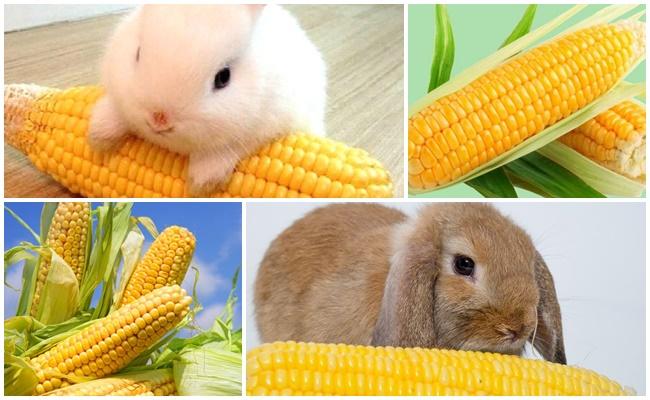
Table of vitamins that are found in vegetables recommended for food:
| Vitamins | ||
| Vitamin A | Vitamin C | Vitamin B |
| carrots and tops, lettuce, broccoli, cauliflower, parsley | rutabaga, carrot tops, Brussels sprouts, broccoli, radish tops, parsnip root, Jerusalem artichoke | broccoli, Brussels sprouts, cauliflower, carrot tops, radish tops |
Fruit to give
Rabbits grind fruit with great pleasure, it is difficult to keep track of so as not to overfeed the pet. Fruits and berries are not the main food, it is a supplement that stimulates digestion, helping to cleanse the intestines from wool.
Fruit pieces serve as training rewards. How to win over your pet? These are treats from:
- apples, pears;
- kiwi, banana;
- melon, watermelon;
- strawberries, raspberries,
- sea buckthorn;
- currants.
Prohibited foods
Although rabbits are willing to eat all vegetables and fruits, some are undesirable on the menu. For example, there are restrictions on cabbage and beets. Red cabbage is strictly prohibited, and table beets, unlike sugar and fodder, can be fatal.
Citrus fruits are not suitable for food for rabbits, with the exception of mandarin, just a slice a week. All stone fruits (apricot, plum, peach) are also out of favor with specialists.
The tops of nightshade crops are poisonous to animals. Therefore, do not try to add a little greenery to the stems of tomato, potato, eggplant. Raw potatoes won't add much value either. The diet of pets should not contain cuttings and leaves of rhubarb, beans.
How to feed properly?
Naturally, only clean, dry vegetables at room temperature are used for food. It is better to cut the food into small pieces. Do not give two different products at the same time, constantly check the pet's stool for irregularities.
Alternate berries with vegetables. Try to eliminate zucchini and melon at one time, choose the right combinations correctly. Of course, do not offer products that are overripe, fermented, with rot spots. Do not feed fruit to pregnant females due to possible digestive problems.
It's easy to create a menu rich in useful items. It is important to follow the recommendations, do not overfeed decorative rabbits, feed a variety of vegetables, fresh fruits.
